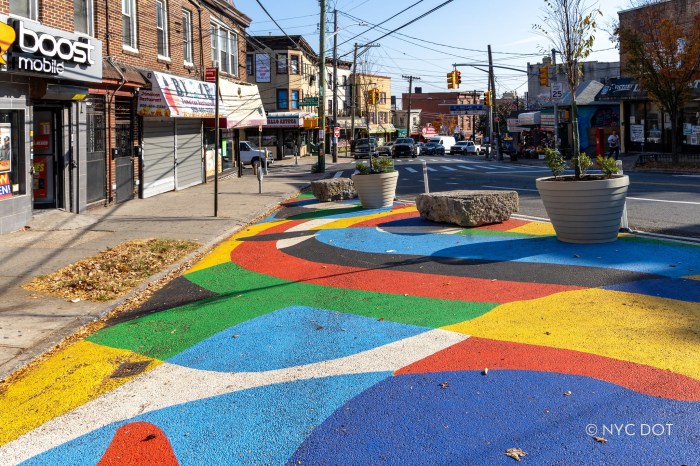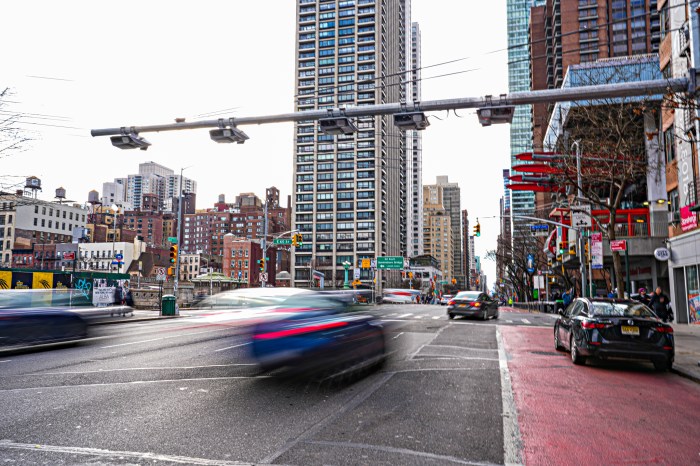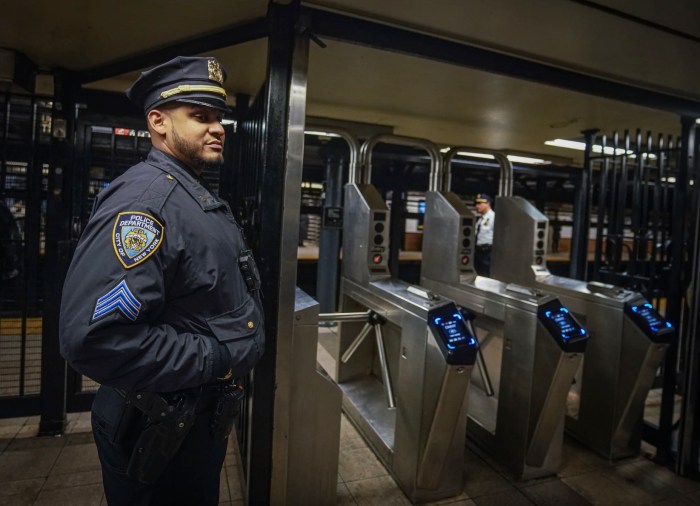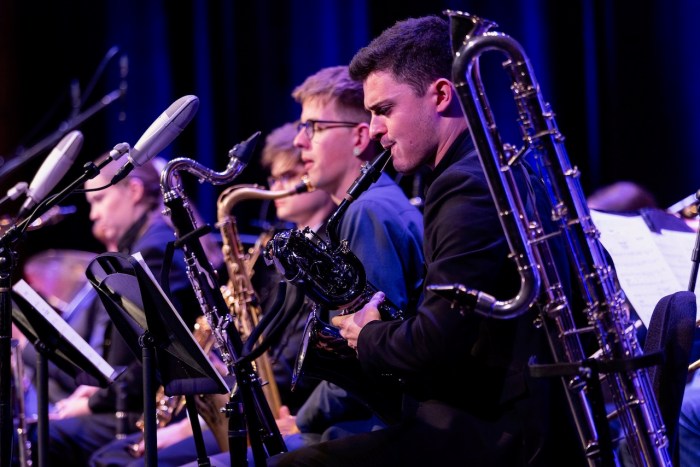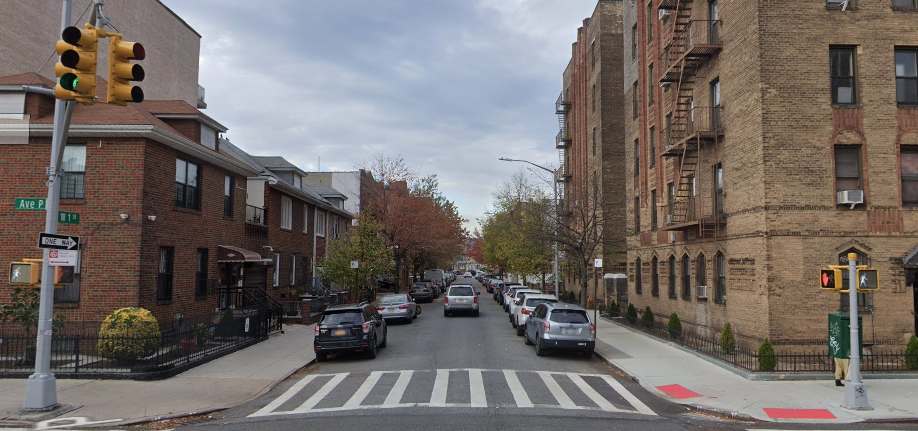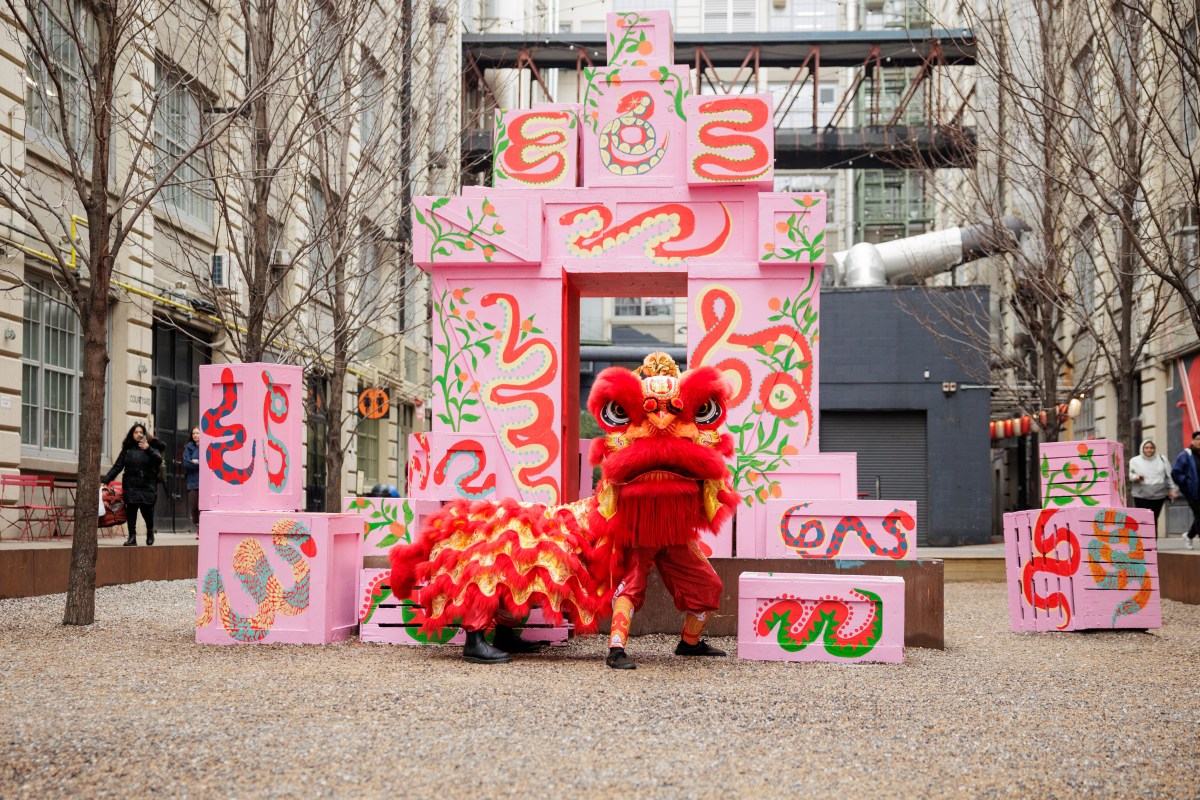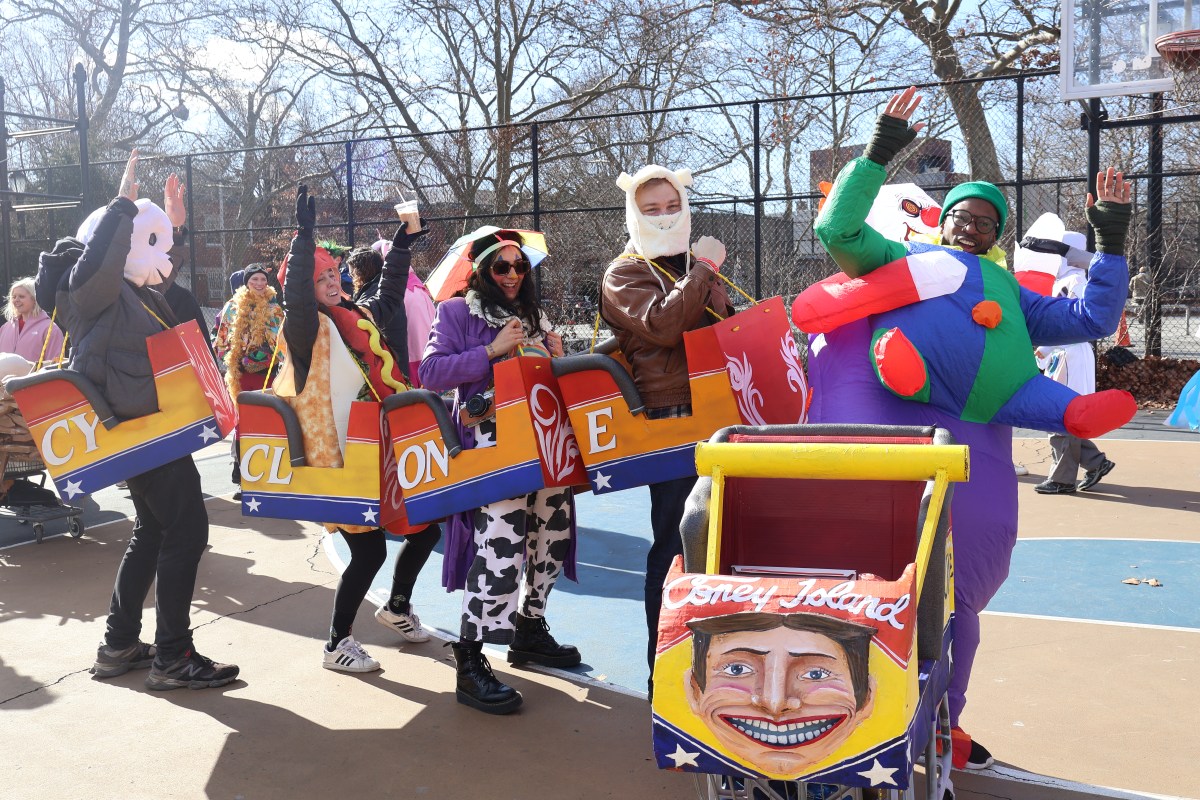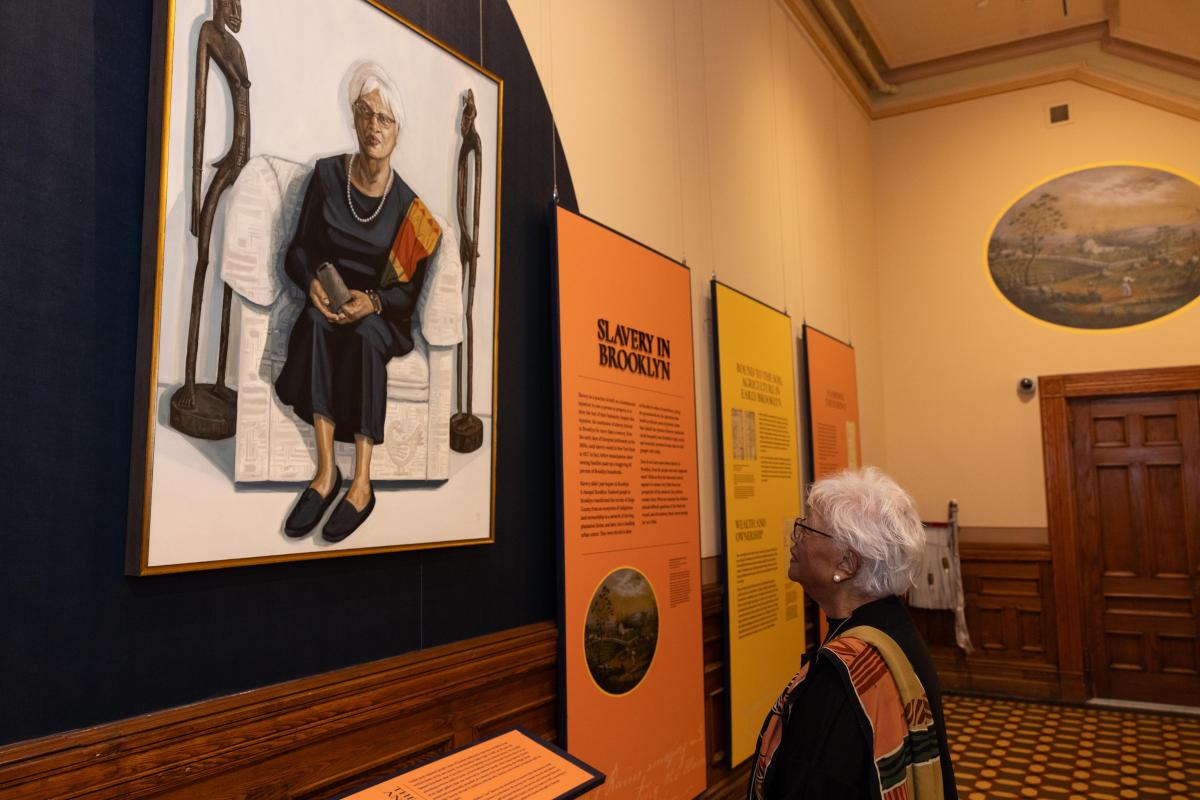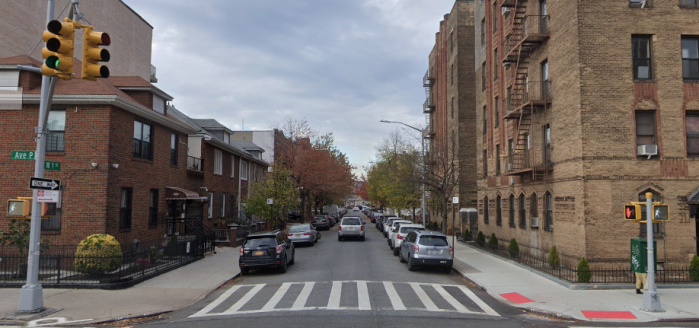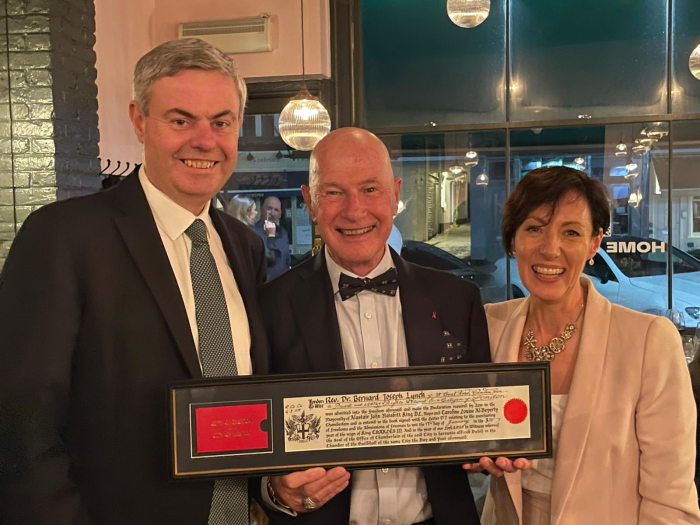
They were the dog days of train service.
Signal problems delayed subway trains every morning during the month of August — except Thursday, Aug. 23 — according to a new study from the Riders Alliance.
Released Sunday on the heels of Gov. Andrew Cuomo’s decisive primary victory, advocacy groups are using the findings to keep pressure on the governor and other state electeds to modernize the city’s troubled subway system.
“Our goal is to make every day a Thursday, Aug. 23,” said John Raskin, the executive director of the Riders Alliance, at a news conference outside of the Barclays Center.
“Every one of these delays represents thousands of people who are late to work, losing pay, sometimes being threatened that they’ll get fired from their job — thousands of people every morning,” Raskin said. “And we all need our elected leaders, starting with Gov. Cuomo, to raise the billions of dollars we will need to modernize the MTA and fix the subway system.”
Every line except for the L experienced signal delays or mechanical issues during one or more of the 23 weekday mornings, between 6 and 10 a.m., according to the study. The D and R lines, which saw issues on 16 mornings, tied for the most. The N line was a close second with 15 mornings of service interruptions.
Raskin said the Alliance did not have the resources to analyze other months as well.
August marked just over a year since the MTA enacted its Subway Action Plan. The $836 million effort aims to stabilize service that was in such a rapid decline that Cuomo issued a controversial “state of emergency” to speed up repairs.
Other groups, like TransitCenter and the NYPIRG Straphangers Campaign, joined the Riders Alliance on Sunday in calling for Cuomo, who controls the MTA, to work with state legislators to pass a robust congestion pricing plan for New York City, which could mean bringing new tolls to drivers entering Manhattan below 60th Street.
Congestion pricing could raise between $1 and $1.5 billion annually for transit improvements, according to estimates, and is sought to help pay for the MTA’s $40 billion and widely-praised Fast Forward plan to modernize transit service over a 10-year window.
“The subway is one of the reasons our city is great … but it’s failing us, and the governor is shirking his responsibility for fixing it,” said Colin Wright, of TransitCenter. “Riders are miserable. They see a system that is getting worse, not better. Congestion is rising and the subway is literally crumbling.”
In a statement, MTA spokesman Jon Weinstein defended the Subway Action Plan as an initiative that “stopped a steep decline in service” and brought “a series of vital improvements.” He called the Riders Alliance report an “oversimplification.”
“The complete modernization of New York City Transit, in particular the upgrading of our signal system, is essential to providing safe and reliable subway service, which is why a predictable, sustainable source of funding is vital to making the full Fast Forward plan a reality,” Weinstein said.
But Brooklyn Councilman Brad Lander called the notion that subway service has improved since last year a “fantasy” and didn’t buy the “gloss” from the MTA.
“We have the same subway crisis — in some respects even worse,” Lander said.
Fixing the MTA was a key campaign issue for gubernatorial challenger Cynthia Nixon and remains one for GOP candidate Marc Molinaro. Molinaro last month released a detailed, 30-page report to solve the “waste, fraud and abuse” at the agency. Both supported Fast Forward and congestion pricing as a means to pay for a portion of it.
“I think that the substance of the primaries demonstrates that the crisis in the transit system is on every voter’s mind — no matter what level of office people are running for,” Raskin said. “And you saw it in the election for governor; you saw it in the elections for state senate — that when the people talk about whether or not government is working, the failure of the transit crisis is an indication that everyone is looking to about whether our government is meeting New Yorkers’ basic needs.”
Cuomo has attempted to pass blame to the de Blasio administration, frequently pointing out that the city owns the subway system. But the city leases the system to the state-run MTA and Cuomo appoints the authority’s chairman and CEO.
Last year, Cuomo endorsed congestion pricing and assembled a panel, titled Fix NYC, to craft a plan for the city. He failed to get support for the full plan among state lawmakers. On the Friday after his primary win, Cuomo stressed the need to take up congestion pricing in Albany.
But he also demanded an increase in transit funding from the city, saying the city and state should split the cost of the MTA’s next capital plan — the authority’s five-year blueprint for major projects and the structure through which Fast Forward will likely be funded.
“The governor single-handedly revived the idea of congestion pricing, has been leading the charge to pass it and succeeded in securing the first phase this year,” Peter Ajemian, a spokesman for the governor, said in a statement. “The Riders Alliance time would be better spent convincing those who need convincing — members of the Legislature and City Hall.”




